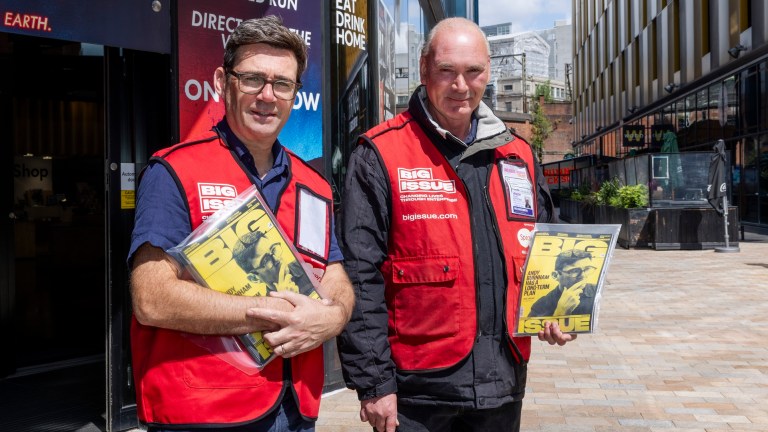“The Southport riots were a wake-up call – a stark reminder of what can happen when communities lose the places that once brought people together,” said Dr Sacha Hilhorst, author of the discussion paper.
“In the absence of shared spaces, misinformation and hate can fill the void, creating tinderbox conditions for violence. Rebuilding local infrastructure isn’t just about nostalgia – it’s a vital bulwark against division and the dangerous pull of the far right.”
Only one in 40 Britons are now part of a social club, compared to one in 10 when Labour was last in power. As the physical, shared places for people to come together have withered away, community activity has been relocated onto digital platforms.
“Politics is too often relocated to private Telegram channels or WhatsApp groups, where young men in particular are increasingly inducted into the radical right,” the paper’s introduction reads.
It’s a timely piece of research. A series of demonstrations broke out outside the Bell hotel in Epping, after an Ethiopian asylum seeker who had recently arrived on a small boat was charged with sexual assault against a local girl.
Far-right groups seized on the incident, and Reform UK leader Nigel Farage warned of “civil disobedience on a vast scale”. Much of the organising for these protests was done online. One Facebook group – ‘Epping Says No!’ – is administrated by the far-right Homeland party.
Advertising helps fund Big Issue’s mission to end poverty
A growing body of research backs the IPPR thesis: declining public space is a key cause of unrest and scapegoating. Decline is a boon for populist parties like Reform UK, Prashant Garg, an academic at Imperial College London, told Big Issue.
“There is a sense that politics has failed us,” Garg says, “and you’re reminded of that every time you see a pothole, or a boarded-up shop.” He recently published research showing that every additional percentage point of high street vacancies increases support for far-right parties by 0.2%.
The IPPR report draws a direct link between the “loss of physical spaces where we might come together” and the spread of “weaponised whiteness”. Far-right groups, it warns, exploit “an anaemic, increasingly digital public sphere” that is “capable of fomenting spasmodic eruptions of hate”.
To counter this trend, the report recommends a sweeping reimagining of Britain’s public infrastructure – including a 21st-century Welfare Fund paid for by a 2% levy on major online retailers and distribution centres like Amazon.
This would follow in the tradition of the historic “miner’s welfare fund”, a 1921 to 1950 fund supporting social spaces and wellbeing in mining communities.
“Like the collieries that once stood in their place, large online retailers have erected giant structures […] but not contributed sufficiently to the communities around them,” Hillier writes.
fund would finance youth clubs, sports facilities and community venues – “spaces where solidarity might thrive”. It also calls for legal reforms to help communities take control of local assets, from empty pubs to historic piers.
Advertising helps fund Big Issue’s mission to end poverty
Local landmarks like Southport Pier – closed since 2022 and now fenced off – become lightning rods for frustration.
“For many,” Hilhorst writes, “the pier represents nostalgia and togetherness. Locals miss the joyful space – a place to walk with your kid and grab an ice cream, a remnant of the town’s historic splendour.”
This kind of place – where people can exist as more than “consumers or voters” – were once real sources of solidarity and community.
The paper ends on a warning: “When progressives fail to organise spaces of belonging and becoming, the far right will.”
Do you have a story to tell or opinions to share about this? Get in touch and tell us more.






